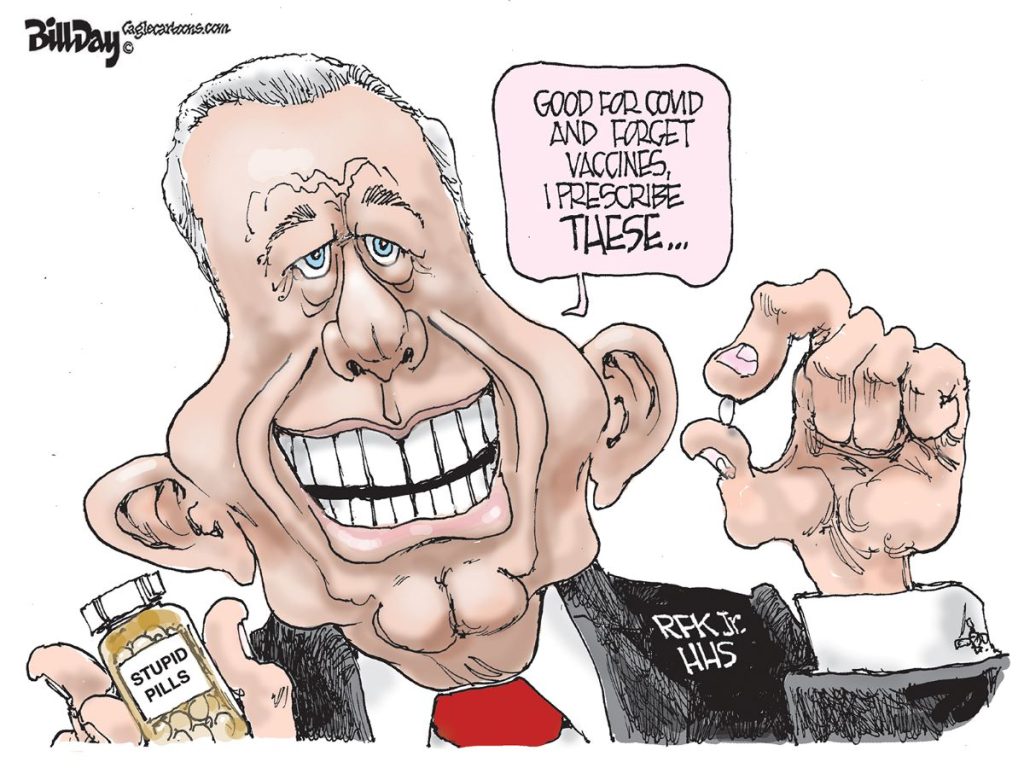As Shelby County officials grapple with their limited options to reduce the burden on local property taxpayers, it’s worth remembering that the Tennessee Legislature has allowed other places to enact impact fees.
For about six years, impact fees have been a priority on the county’s legislative agenda in Nashville, but they never get a fair hearing, primarily because of the opposition by some of our own East Shelby County legislators who represent the districts being gobbled up by new sprawling development.
The beauty of impact fees, and adequate facilities taxes, for that matter, are that they shift the cost of the new infrastructure needed for these new developments from taxpayers to developers. After all, most taxpayers live inside Memphis, where they have already paid for the roads, bridges, parks, libraries and infrastructure that they need.
Of course, the funding of infrastructure is a curiosity at its core. For example, Shelby County Government has been willing for decades to fund half or more of the costs of road projects within the smaller cities, while at the same time refusing to consider the same policy for Memphis. But that’s another subject.
It’s dispiriting that county government must go to Nashville with hat in hand to ask for the taxes that it needs for its own operations. There are times when you have to wonder what really improved when county government got home rule.
The political irony is that the politicians who talk so much about smaller government and government closer to the people are also the ones who refuse to give Shelby County Government more autonony to chart its own destiny. There is the added irony that many of the same politicians propose user fees to raise revenues, but then oppose fees for developers whose profits are given to them through governmental largesse.
It’s discouraging to think about it, but perhaps if average taxpayers could band together and hire lobbyists in Nashville, our interests would receive greater priority.
From the Nashville Tennessean:
SPRING HILL — Developers who are turning farmland into subdivisions may soon pay more for the impact those developments are having on the city.
Doubling the city’s impact fees from 25 cents to 50 cents was a topic discussed at Spring Hill’s Board of Mayor and Aldermen work session last night – and aldermen expressed support for the idea.
“I feel comfortable going to 50 cents,’’ said Mayor Danny Leverette. “We all know there are needs coming our way, some are already here – like roadways, infrastructure and the city will need to hire more employees.’’
City Administrator Ken York agreed.
“This is something whose time has come,’’ he said.
In other action, board members discussed raising the base pay of the fire chief, allowing non-resident property owners to vote in city elections and setting standard penalties for businesses caught selling alcohol to minors.
The board meets in its regular voting session at 7 p.m. Monday.
For more on Spring Hill development, see tomorrow’s Williamson A.M.



